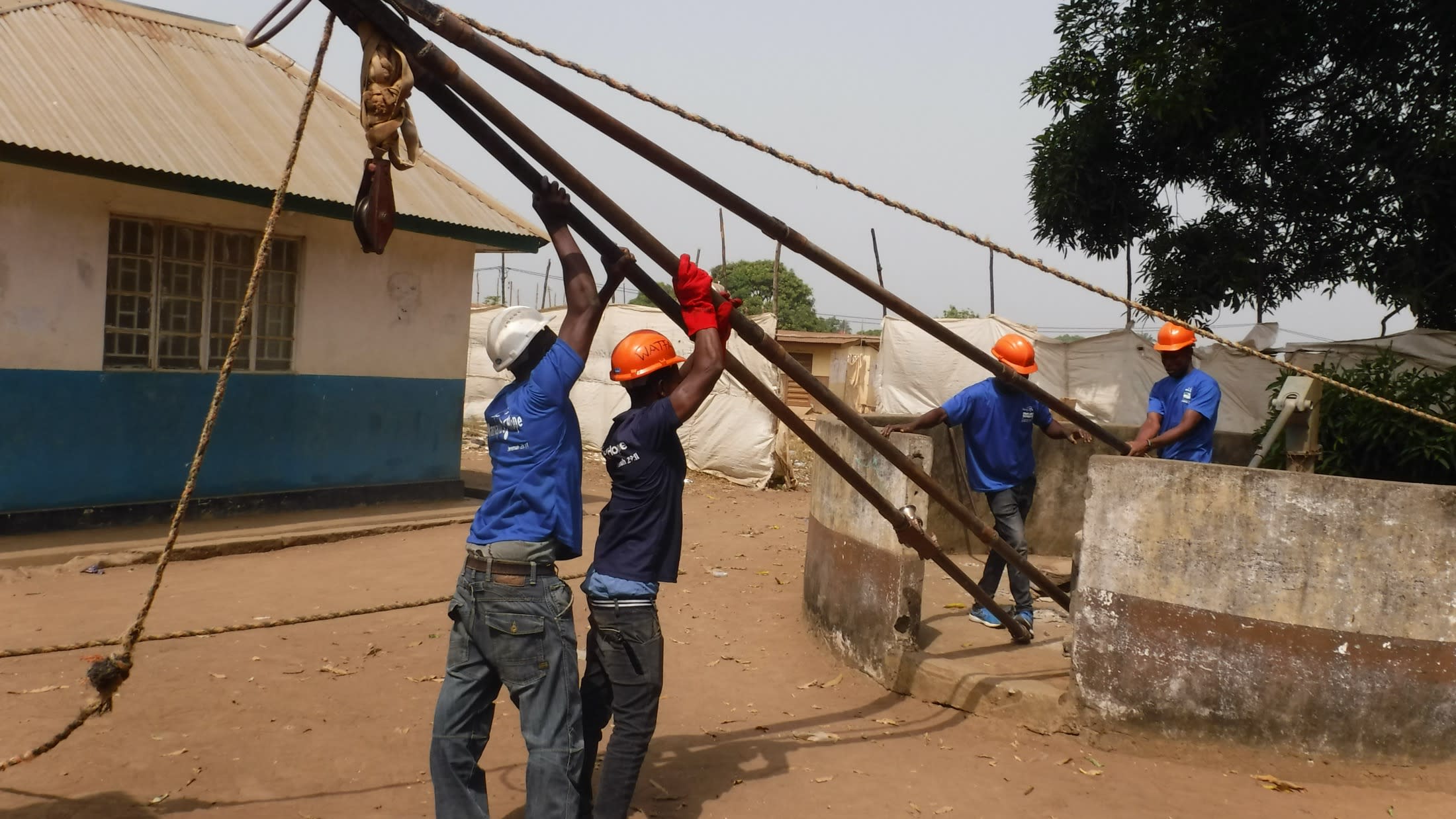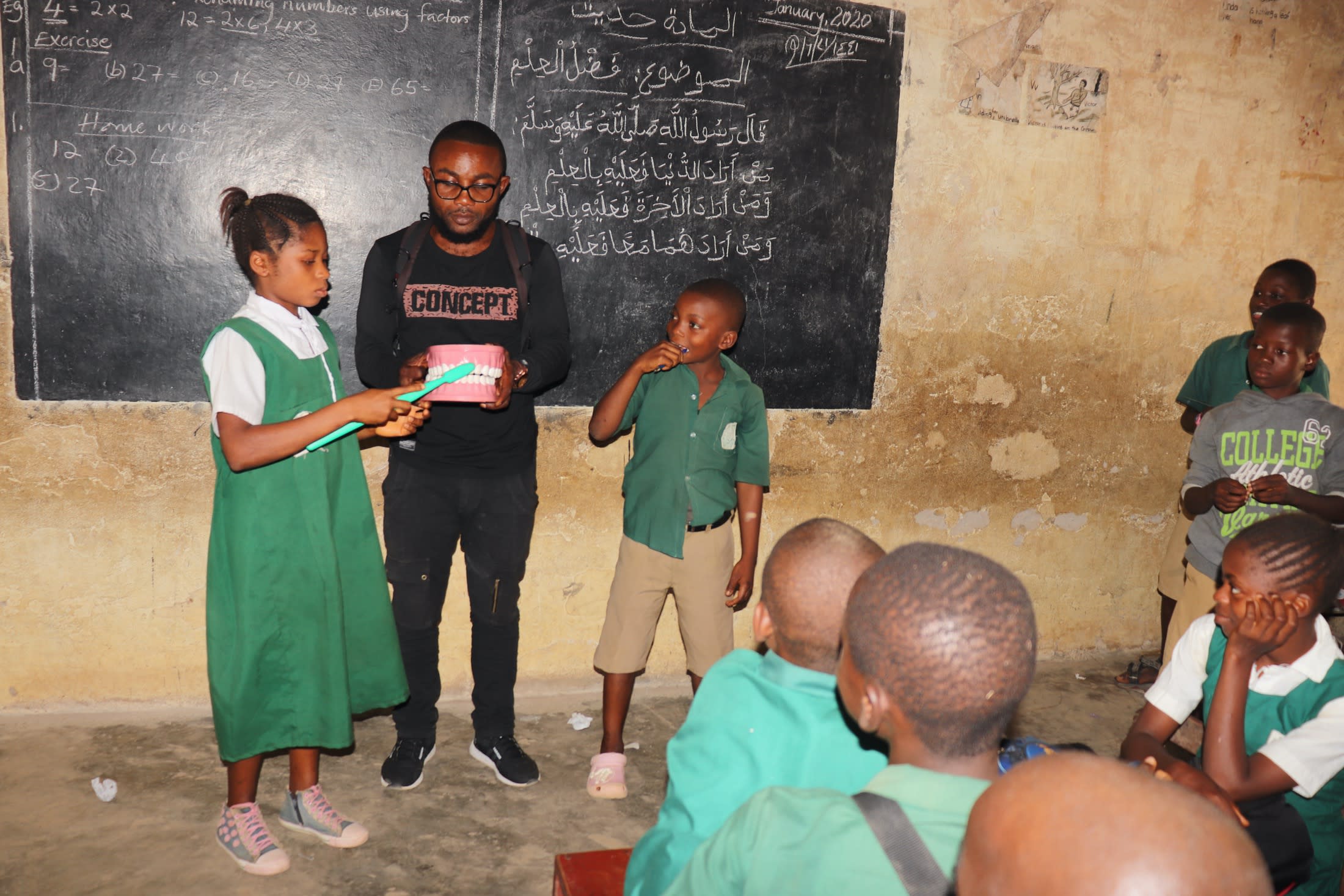DEC Kasongha Primary School faces a serious water crisis. The school currently depends on asking students to bring water from home in addition to buying it, but they are still unable to meet the needs of the 1,472 students who attend here. This creates a series of problems.
First, some of the kids use the water shortage as an excuse to "go home to get water," which really means they skip out on classes for the rest of the day. Second, cases of waterborne diseases like dysentery and typhoid are frequent due to the students drinking unsafe water. These 2 factors combine to mean a lot of missed class time for students, which in turn negatively impacts their academic performance.
Then there is the challenge with sanitation and hygiene. By virtue, to meet good health standards in the school, there must be handwashing stations where kids can wash their hands after playing, before eating, and after using the toilet. Because of the unavailability of water in the school, however, there are no handwashing stations.
"When I am at home, my kids are left with no option but to go to the stream to fetch water. Because of this stream water, 2 of my kids got diarrhea and were taken to the hospital. I spent a lot of money on treatment," said teacher Abu Bakarr Kamara.
All of these challenges despite there actually being a water point at the school. A hand-dug well constructed more than a decade ago sits on the school grounds, barely used. It runs dry often because it is not deep enough. It is virtually useless for the students who need water throughout the day, every day. As the effects of climate change are being felt in all areas of the country, hand-dug wells are the first water points to be affected and their yield is only getting worse with time as the water table drops. So, the students must find water elsewhere.
"I am greatly disturbed going down to the stream to fetch water very early in the morning," said 12-year-old student Aminata.
The early hours mean darkness, isolation, and the potential for danger for any young girl on her own, but her choice is to either go without water or risk her safety. The choice is hardly a fair one.
DEC Kasongha Primary School was established in 1970 by the late Pa Komrabai Sesay. Over the years due to the growth of the community, the government took responsibility for the school. The community members have always put education as a priority, however, and despite government involvement, they could not fold their hands and continued their monitoring and assistance. Students' parents helped to built a sixth classroom space to meet the challenge of the school's growing population. On the platform of achievement, the school has been outstanding in the external national examinations.
The Kasongha area is a relatively flat land that is located some meters off the Lungi Port Loko Highway. The area is highly vegetated, which provides a unique feature to the town. The school is surrounded by houses and shops. It has a very nice field for sporting activities undertaken by the school and the community. The school's layout is circular in shape and in the center is a recreational center for students to play during their break and lunch. The atmosphere seems to be breezy and calm, punctuated by the noise of the large student body. The school is not far from the Kasongha Maternal Child Health Center.
What We Can Do:
Well Rehabilitation
The well marked for this overhaul is dry for a few months every year and needs major work to supply adequate, clean water to the community year-round. The conversion from hand-dug well to borehole will not only eliminate the cycle of seasonal drying, but it will also ensure that the water provided will be bacteria-free.
The pump will be removed, and a hand auger will be lowered inside and powered by a drill team. This hand auger will allow the team to drill several meters deeper to hit a sufficient water column that will ensure the well supplies water throughout all seasons.
As the team drills, casing will be installed, transforming the bottom of this hand-dug well into a borehole. PVC piping will connect this lower system directly to the pump, a construction that we know will also improve the quality of water.
Once this plan is implemented, everyone within the community will have access to safe drinking water in both quality and quantity, even through the dry months.
Hygiene and Sanitation Training
There will be hygiene and sanitation training sessions offered for 3 consecutive days.
After our visit, the hygiene and sanitation trainer decided it would be best to teach community members how to build a tippy tap (a hands-free handwashing station built with a jerrycan, string, and sticks). They will use these tippy taps for handwashing demonstrations, and will also teach about other tools like dishracks and the importance of properly penning in animals to keep them away from people's food and water.
These trainings will also strengthen the water user committee that manages and maintains this well. They enforce proper behavior and report to us whenever they need our help solving a serious problem, like a pump breakdown.

 Borehole Well and Hand Pump
Borehole Well and Hand Pump






























